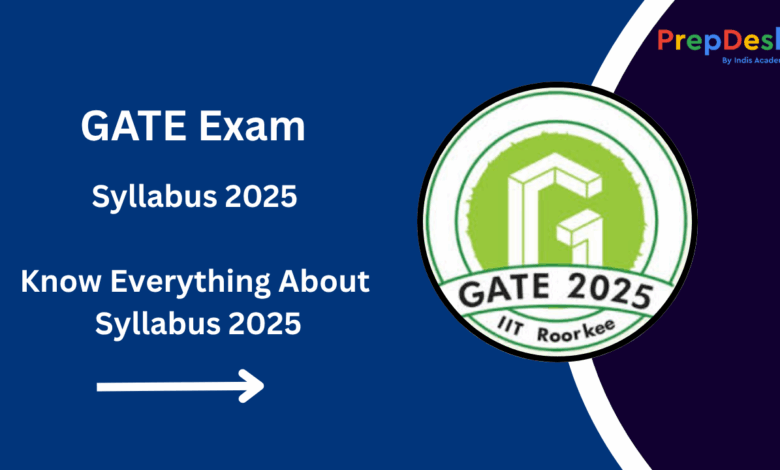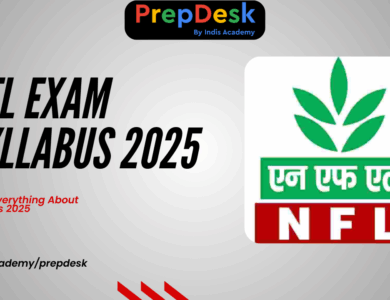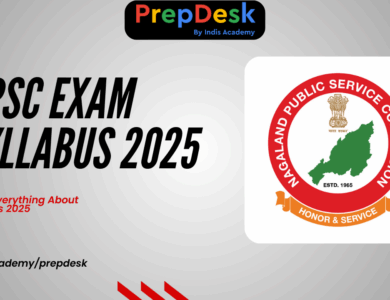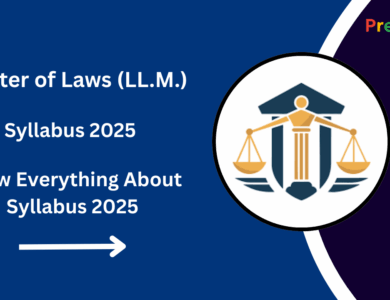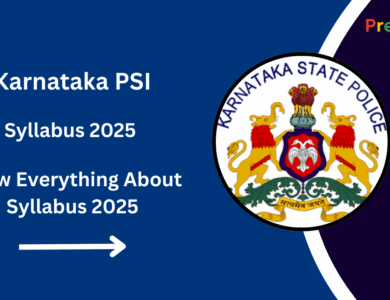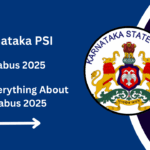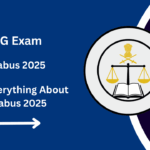The Graduate Aptitude Test in Engineering (GATE) 2025 is a nationally conducted, computer-based exam co‑organized by IISc and IITs, this year led by IIT Roorkee . GATE measures the understanding of undergraduate-level engineering and science subjects and is essential for admission to M.Tech/Ph.D. programs, PSU recruitment, and fellowships. This comprehensive guide provides:
Detailed overview
Section-wise syllabus
Branch-specific topic lists
Marks distribution
Official PDF links
Recommended books
Preparation strategy
Career and specialization opportunities
1. GATE 2025 – Exam Overview
Feature
Detail
Conducting Body IIT Roorkee (on behalf of IISc & 7 IITs)
Exam Mode Computer-Based Test (CBT)
Exam Duration 3 hours
Total Marks 100 marks
Number of Questions 65 questions (MCQ, NAT, MSQ)
Sections General Aptitude, Engineering Mathematics, Discipline-Specific Core
Score Validity 3 years
2. Exam Structure & Marks Breakdown
Section
Marks
Description
General Aptitude (GA) 15 marks
Common across all papers
Engineering Mathematics 13–15 marks
Core mathematical foundations
Discipline-Specific Core 70–72 marks
Branch-specific topics tailored to the candidate’s stream
Total
100 marks
Why it matters:
Strong performance in all three sections is critical—especially GA and Engineering Maths which are common and carry ~30% of total score.
3. Section-Wise Syllabus Details
3.1 General Aptitude (GA) – 15 Marks
Verbal Ability: English grammar, sentence completion, synonyms, antonyms, idioms, reading comprehensionQuantitative Aptitude: Number systems, ratios, percentage, profit–loss, time–speed–distance, data interpretationLogical & Analytical Reasoning: Pattern recognition, series, analogies, syllogismsSpatial Reasoning: Mirror images, water images, embedded figures, paper-folding
Note: Practice across previous papers reveals a predictable pattern of questions—scoring in GA is relatively straightforward with constant practice.
3.2 Engineering Mathematics – 13 to 15 Marks
Topic
Details
Linear Algebra Matrices, determinants, systems of equations, Eigenvalues & Eigenvectors
Calculus Limits, continuity, differential & integral calculus, multivariable calculus, vector functions, differential geometry
Differential Equations Ordinary differential equations—1st and higher order ODEs, Laplace transforms, PDE basics
Complex Variables Analytic functions, Cauchy-Riemann equations, Cauchy’s integral theorem, Taylor & Laurent expansions, poles & residues
Probability & Statistics Permutation & combinations, probability axioms, conditional probability, random variables, distributions (Binomial, Poisson, Normal), mean, variance
Numerical Methods Root finding methods (bisection, Newton-Raphson), interpolation, numerical integration (Simpson/trapezoidal), numerical solution of ODEs
3.3 Discipline-Specific Core Topics – 70 to 72 Marks
The majority of the paper focuses on discipline-specific core subjects. These are unique to each branch and test in-depth knowledge.
4. Branch-Wise Detailed Syllabus
4.1 Mechanical Engineering (ME)
Major Topic Area
Learning Topics
Applied Mechanics & Design Statics (forces, equilibrium, friction), Dynamics (kinematics, kinetics), Theory of Machines (cams, gears, linkages), Vibrations (free, forced, damping), Machine Design (failure theories, shafts, gears, bearings).
Mechanics of Materials Stress–strain, Elasticity, Mohr’s circle, bending moment, shear force, deflections, columns, torsion, strain gauges.
Fluid Mechanics & Thermal Sciences Hydrostatics, Continuity, Bernoulli’s theorem, Laminar/Turbulent flow, Boundary layers; Thermodynamics basics – Laws, Work/Heat, Pure & Gas cycles; Heat Transfer – Conduction, Convection, Radiation, HTC, heat exchangers.
Manufacturing & Industrial Engineering Manufacturing Processes – Casting, Welding, Machining; Computer-Integrated Manufacturing (CAM/CAD); Metrology – Measurement errors, gauges; Inventory Models, PERT/CPM, Linear Programming.
4.2 Civil Engineering (CE) Syllabus
Subject Area
Topics Covered
Structural Engineering
Analysis & design of reinforced concrete, steel structures, structural stability
Geotechnical Engineering
Soil mechanics, shear strength, consolidation, earth pressure, slope stability
Transportation Engineering
Highway materials, traffic flow theories, pavement design, airport runway design
Environmental Engineering
Water supply, wastewater treatment, air & noise pollution, waste management
Water Resources Engineering
Hydraulics, open-channel flow, pumps, irrigation engineering, watershed management
4.3 Electrical Engineering (EE) Syllabus
Subject Area
Topics Covered
Electric Circuits
DC/AC steady-state, transient analysis, network theorems
Electrical Machines
Transformers, DC machines, induction & synchronous machines
Power Systems
Generation, transmission, load flow, stability, protection
Control Systems
Transfer functions, time/frequency domain analysis, root-locus, Bode/Nyquist plots
Signals & Systems
Time-domain signals, Fourier transform, Laplace, Z-transform
Electromagnetic Fields
Maxwell’s equations, transmission lines, waveguides
4.4 Computer Science & IT (CS) Syllabus
Subject Area
Topics Covered
Discrete Mathematics
Sets, relations, graphs, combinatorics, trees
Data Structures & Algorithms
Arrays, lists, stacks, queues, trees, graph traversals, sorting, hashing, dynamic programming, greedy methods
Theory of Computation
Automata theory, regular languages, context-free grammars, Turing machines, decidability
Operating Systems
Processes/threads, synchronization, memory management, schedulers
Databases
ER modeling, SQL, transactions, concurrency, normalization
Computer Networks
OSI model, TCP/UDP, congestion control, routing algorithms
Compiler Design
Lexical analysis, parsing, symbol table, code generation
Computer Architecture
Pipelining, hazards, cache, memory hierarchy, instruction sets
4.5 Chemical Engineering (CH) Syllabus
Subject Area
Topics Covered
Process Calculations
Material/energy balances in single and multiple units
Chemical Thermodynamics
Phase & chemical equilibrium, ideal/non-ideal systems
Fluid Mechanics
Flow in pipes, boundary layer, dimensional analysis
Heat & Mass Transfer
Modes of heat transfer, distillation, absorption, evaporation, unit operations
Reaction Engineering
Kinetics, batch/continuous reactors, conversion, residence time distribution
Process Control
Dynamics, control loops, PID tuning, Laplace analysis
4.6 Data Science & Artificial Intelligence (DA) Syllabus
Subject Area
Topics Covered
Probability & Statistics
Random variables, estimation theory, hypothesis testing
Linear Algebra
Vector spaces, SVD, PCA, matrix factorization
Calculus & Optimization
Convex optimization, gradient descent, Lagrange multipliers
Data Structures & Programming
Python fundamentals, recursion, data manipulation, complexity analysis
Machine Learning
Linear/logistic regression, SVM, decision trees, clustering, neural networks, evaluation metrics
Databases & Warehousing
SQL, ETL processes, OLAP, data modeling
AI Search & Logic
Heuristic search, Bayesian networks, knowledge representation
5. Download Official PDF Syllabus
Access official and detailed syllabus PDFs for your branch:
6. Recommended Books by Subject
Subject
Key Books
General Aptitude
RS Aggarwal, Word Power Made Easy
Engineering Maths
B.S. Grewal, Erwin Kreyszig
Mechanical Engineering
Beer & Johnston, Shigley, R.K. Bansal, Cengel
Civil Engineering
Punmia, Rangwala, Khambata
Electrical Engineering
Nilsson & Reidel, Ogata, M. Morris Mano
Computer Science
CLRS (Cormen), Tanenbaum, Hopcroft & Ullman
Chemical Engineering
Smith & Van Ness, McCabe, Coulson & Richardson
Data Science & AI
Murphy, Raschka & Mirjalili, Devore
7. Preparation Strategy & Tips
Begin early with General Aptitude and Engineering Mathematics (cover entire syllabus in first 2–3 months).
Create themed weekly/monthly study plans—allocate time proportionally based on topic weightage.
Use NCERTs and standard texts for concept clarity; avoid surface-level reading.
Practice at least 1–2 hours daily on problem-solving.
Attempt mock tests and previous papers (2010–2024) under timed conditions.
Analyze test performance; maintain an error log to revisit weak areas regularly.
Make concise revision notes and formula sheets.
Group study + discussion in Telegram/WhatsApp communities for doubt-solving.
Take short refreshers on GA & Maths every alternate week to stay sharp.
In last 2 months, increase mocks to full-length sets and time-bound performance.
8. Post‑GATE Opportunities & Specializations
Pathway
Opportunity
M.Tech / M.E.
IITs, NITs, IISc, IIITs, other top colleges
PSU Recruitment
PSUs like ONGC, BHEL, IOCL, NTPC, GAIL
Research & Fellowships
DRDO, ISRO, CSIR labs, academic fellowships
Overseas Education
Germany, Singapore—some universities accept GATE score
PhD / Academia
UGC-NET, Assistant Prof positions
9. Conclusion
The GATE 2025 syllabus is comprehensive and structured to test both breadth and depth in engineering fundamentals. A clear study roadmap—built on strong fundamentals, constant practice, strategic revision, and time management—can dramatically improve your performance. Use the official PDFs, top-grade books, and mocks to stay ahead. Drop a comment with your branch and preparation timeline , and I’ll provide a personalized 3–month study plan and topic tracker!
Copy URL
URL Copied
